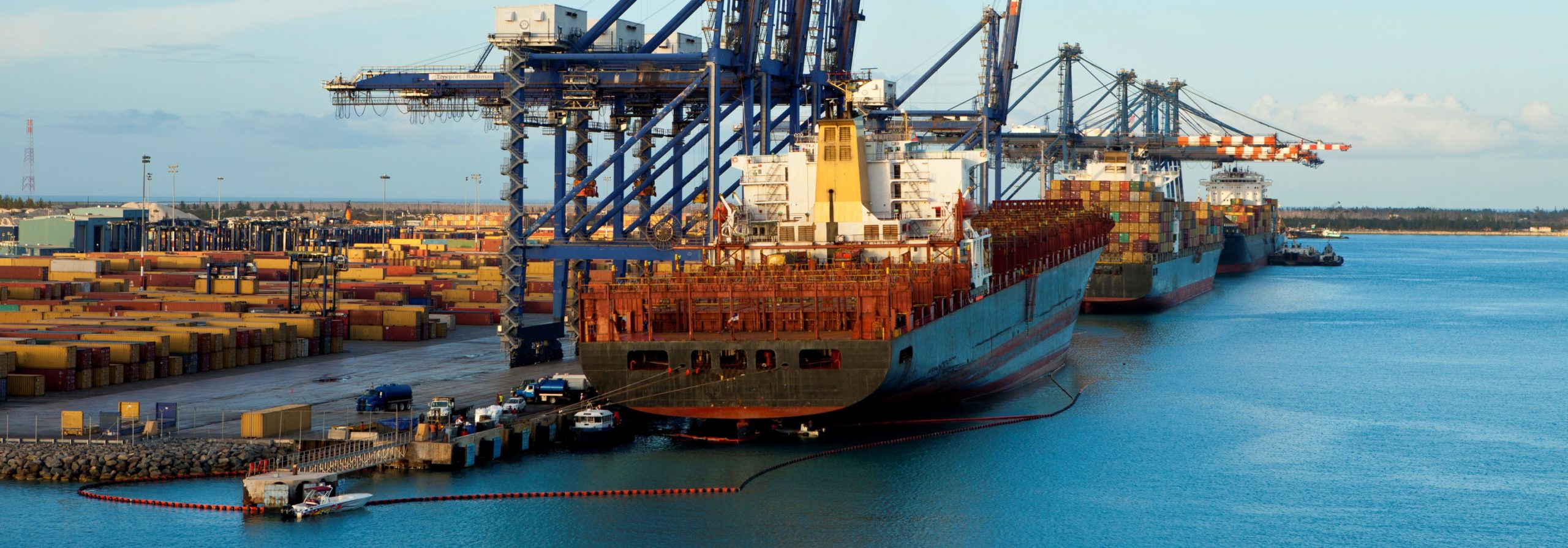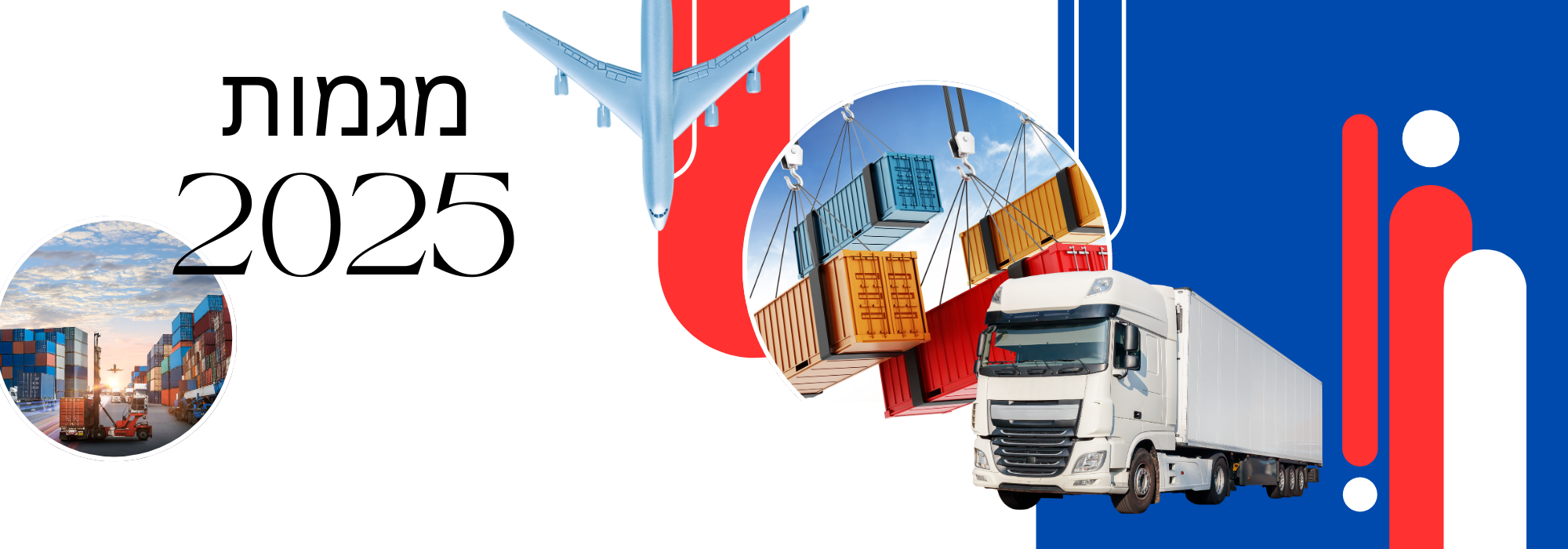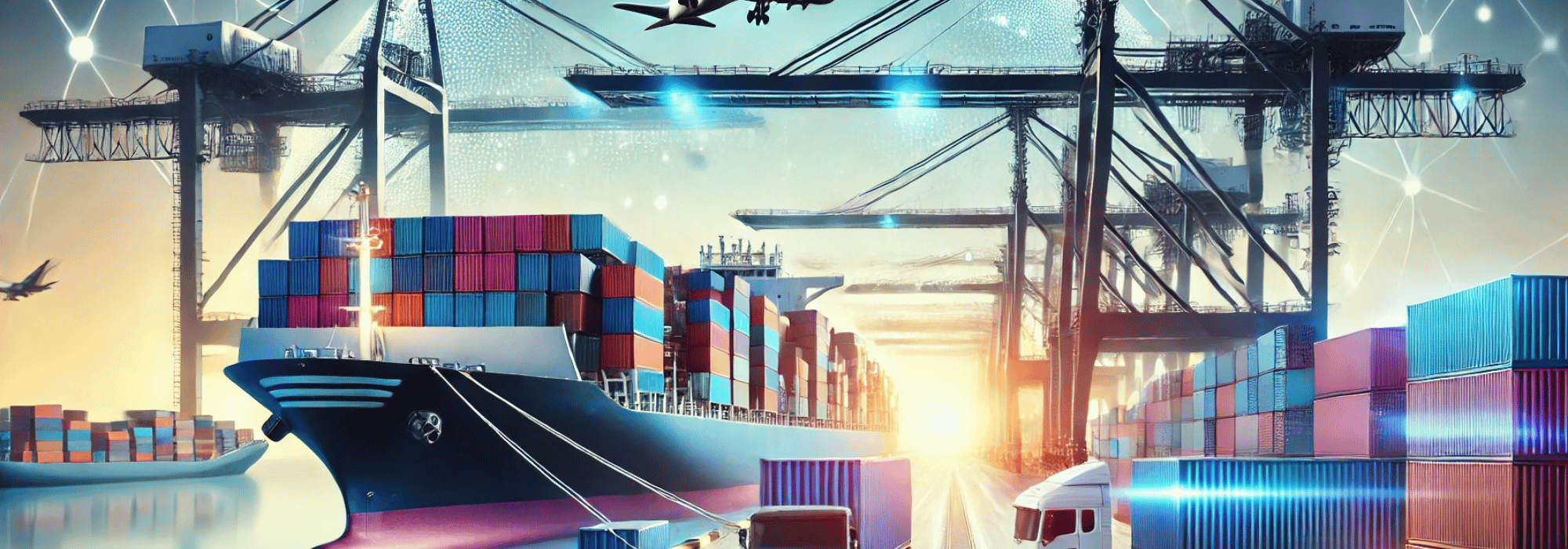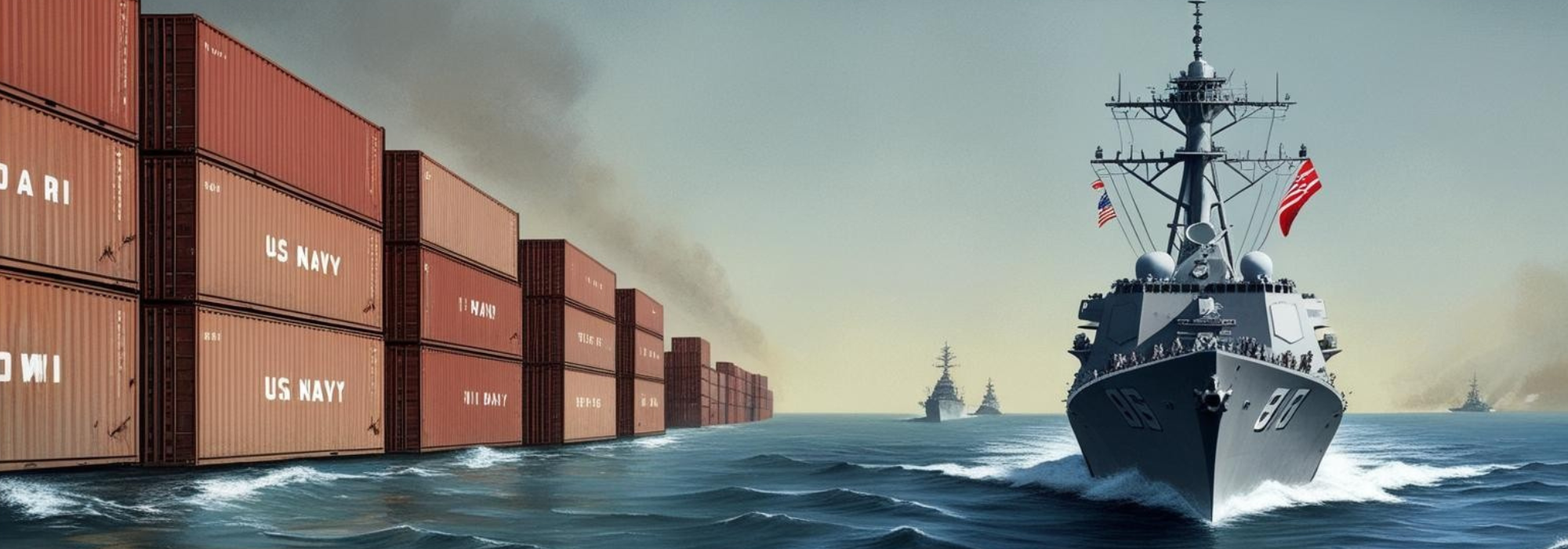In recent decades, the rapid changes in global trade policy and trade wars have become a central issue affecting many areas of the global economy, including customs brokerage. This field, which focuses on customs clearance processes and ensuring compliance with regulations and taxes, is significantly influenced by these changes. Changing trade policies can alter the trading conditions between countries and impact the entire global supply chain.
Trade wars, which are characterized by the imposition of tariffs or reciprocal trade restrictions between countries, create dynamic and unpredictable shifts in import and export processes. These changes require customs brokers to stay constantly updated and act quickly to adapt to the new situation and help their clients navigate the new complexities.
In this article, we will explore how policy changes and trade wars affect customs brokerage processes and the strategies that customs brokers can adopt to address these challenges.
1. Impact on Customs Tariffs and Costs
One of the direct impacts of policy changes and trade wars is the change in customs tariffs and the associated costs of importing and exporting. When countries impose new tariffs or increase existing ones, the costs of importing and exporting rise accordingly. An increase in customs tariffs can affect the profitability of importers, leading to changes in supply chains or decisions to cease importing certain products altogether.
For example, in the trade war between the United States and China that began in 2018, new tariffs were imposed on many products, leading to a significant increase in costs for importers in the U.S. and China. Customs brokers had to quickly update their systems to ensure that all new costs and requirements were integrated into the customs clearance processes and help their clients manage the additional costs.
2. Regulatory Changes and Compliance Requirements
Trade wars and policy changes often involve changes in regulations and compliance requirements for importers and exporters. New regulations may include stricter requirements for safety checks, quality standards, additional documentation, and more.
These changes require customs brokers to be knowledgeable about all new regulations and laws and ensure that their clients comply with the new requirements. Non-compliance with these requirements can lead to delays in customs clearance, fines, and sometimes even the seizure of goods.
For example, if a country decides to tighten inspections on certain products or impose new labeling requirements, the customs broker must ensure that importers are aware of the changes and that they take all necessary steps to comply with the new requirements.
3. Creation of New Trade Barriers
Policy changes and trade wars can create new trade barriers, such as import quotas, restrictions on specific products, or bans on imports from certain countries. These barriers can make it difficult for importers and exporters to operate normally, leading to significant changes in their trade strategies.
Customs brokers must be aware of the new barriers and help their clients find creative solutions to overcome them. In some cases, it may be necessary to change the source of goods, find alternative suppliers, or explore trade options with other countries.
4. Market Uncertainty and the Need for Forward Planning
One of the biggest challenges in trade wars and policy changes is the uncertainty they create in the market. When trade policy can change overnight, and unexpected government decisions can impact costs and conditions, it is challenging to plan ahead and manage risks effectively.
To cope with this uncertainty, customs brokers must develop flexible capabilities and be prepared to respond quickly to changes. They need to closely monitor political and economic developments, advise their clients on potential trade strategies, and offer tailored solutions for changing situations.
5. Impact on International Relations and Supply Chains
Trade wars and policy changes also impact international relations between countries and global supply chains. When a country imposes tariffs or restrictions on goods from another country, the response may be reciprocal, leading to changes throughout the supply chain.
Customs brokers must be prepared to handle these changes and help their clients find alternatives to disrupted supply chains. In some cases, it may be necessary to develop new relationships with suppliers in other countries or explore trade options with countries not affected by the new policy.
Conclusion
Policy changes and trade wars are significant challenges for customs brokers, requiring flexibility, up-to-date knowledge, and the ability to respond quickly to changes. Customs brokers who can stay informed about changes, adapt to the new situation, and help their clients find creative solutions can turn these challenges into opportunities.
To succeed in a changing market, it is important for customs brokers to stay updated on all policy changes, offer their clients professional and strategic advice, and use advanced technologies to tackle new challenges. In doing so, they can help their clients comply with requirements, avoid barriers, and maintain a competitive advantage in the global market.



















